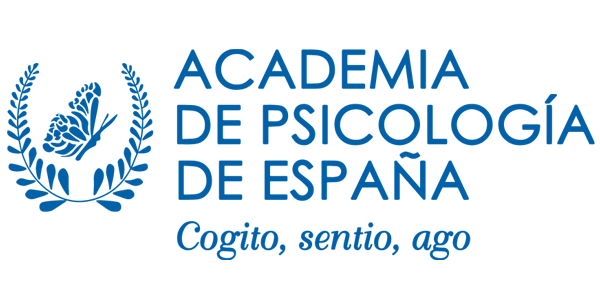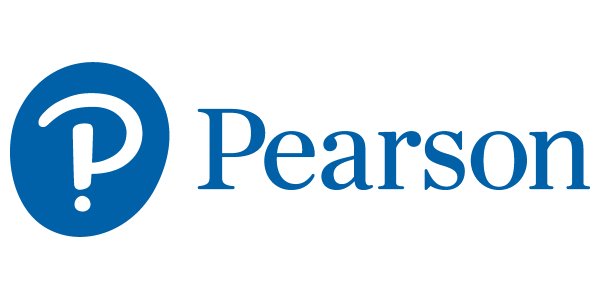New advances in the psychometric analysis of the gut-brain axis
The gut-brain axis establishes the relationships between bacteria, neurotransmitters, and psychophysiological responses associated with a neural and behavioural correlate in autism and different mental disorders. In recent years, there has been an increase in studies on the implications of the gut microbiota (GM) in children with autism spectrum disorders (ASD). Studies have indicated that dysbiosis or disturbance of the gut microbiota may trigger the onset and development of ASD symptoms. In addition, children with ASD have a hypersensitivity to certain visual, olfactory, tactile, etc. stimuli, which makes them more picky about food and present certain repetitive patterns of behaviour. Gastro-intestinal (GI) symptoms and sensory reactivity are considered to be a frequent comorbidity in ASD, and are considered to be indicators of a possible disruption in the gut-brain axis. The microbiological screening method for detecting possible bacterial dysbiosis consists of pyrosequencing the bacterial 16S rRNA gene in different regions. However, there is a need to develop instruments that measure sensory reactivity, pain, and gastro-intestinal symptoms because these can be indirect indicators of an imbalance in the gut-brain axis. At present, there are instruments to measure sensory hyperreactivity and, to a lesser extent, the other variables involved. In the present symposium, we present preliminary psychometric data of new measures to assess gastro-intestinal symptoms, sensory reactivity, and pain in a young-adult neurotypical population. This is a first step before validation in the autistic population. These variables provide a total index called INCE that can be obtained after developing an app with the same name. This app will allow us to obtain an index of the gut-brain axis for the ASD and non-ASD populations.

Agustín Ernesto Martínez-González
Associate Professor. University of Alicante. Department of Developmental Psychology and Didactics.
Dr. Agustín Ernesto Martínez-González is a lecturer in the Department of Developmental Psychology and Didactics at the University of Alicante. He has completed several Master’s degrees related to clinical psychology and clinical neuropsychology, which have provided him with a transversal and neuroeducational perspective of human behaviour. In the field of research, he has participated in more than 50 national and international conferences related to educational psychology, neuropsychology, and clinical psychology. Likewise, he has written numerous articles indexed with JCR (Social Science Edition) as well as books and book chapters. His research interests focus on the repetitive spectrum in various mental disorders (OCD and ASD). In the latter, he has participated in the validation of scales for OCD in Spanish and Chilean adolescents (OCI-R, OCI-CV, etc.) and the RBS-R in Spanish population with ASD and intellectual disability. The latter studies have led to the development of the COREAT app. COREAT is the first app with scientific evidence to detect ASD and measure the severity of repetitive behaviour in people with ASD and people with intellectual disabilities, following DSM-5 criteria (Martínez-González, 2019). In the field of the study of repetitive behaviour, Dr. Martínez-González maintains a multidisciplinary and integrative point of view with the aim of studying the relationship between the severity of repetitive behaviour and variables such as the type of educational centre, adaptive behaviour, negative emotional symptoms, neuropsychological and neurophysiological bases, gastrointestinal symptoms and the brain-intestinal microbiota or gut microbiota relationship. Lastly, Professor Martínez-González is the director of the Integral Research Group on Typical and Atypical Neurodevelopment (GINTA) and editor of the Disability, Clinical and Neurosciences Journal (RDCN).
Organiza


Patrocina

Con el apoyo de


![8CIPCNA-adaptaciones-[Recuperado]](https://www.aitanacongress.com/2022/wp-content/uploads/8CIPCNA-adaptaciones-Recuperado.png)


